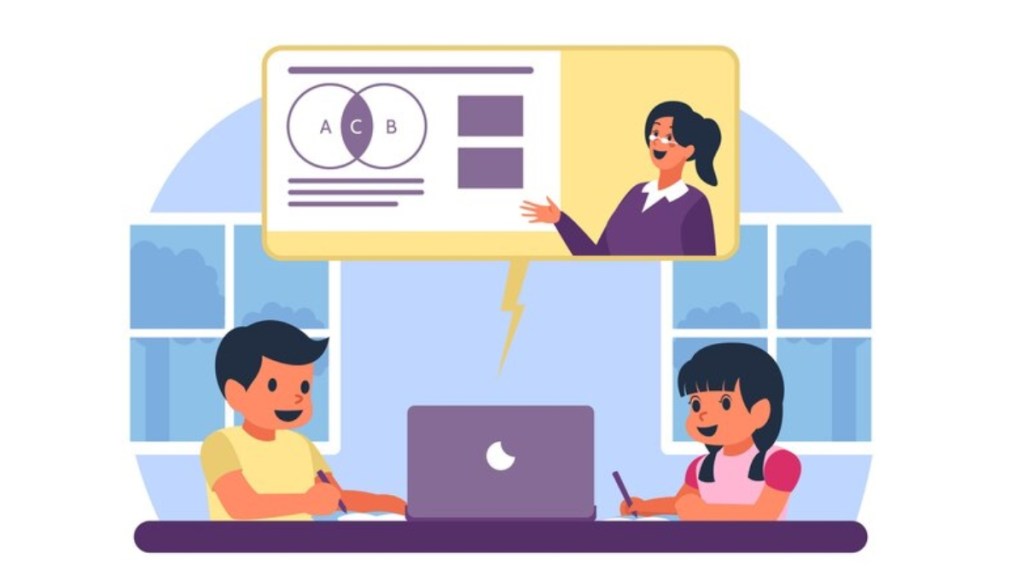Akshay Munjal, founder and CEO of Hero Vired shares his views on opportunities and challenges of the education system in India with FE Education Online.
What is the best thing about today’s education system?
Today’s education system is evolving while increasingly recognizing the importance of imparting job-ready skills. The higher education landscape in India is a three-tiered structure as it encompasses universities, colleges and skill development institutes. While universities and colleges provide a robust academic foundation, skilling programs and platforms take centre stage to refine and amplify industry-relevant skill sets. Accordingly, a significant advantage of the Indian higher education sector lies in its structured approach, which empowers students with solid academic foundations and facilitates their transformation as they navigate to explore diverse career avenues.
Additionally, the education system is promoting multidisciplinary learning. This approach encourages students to explore a wide range of subjects, fostering a more holistic understanding of their field and equipping them with versatile skills that are highly valued in the modern job market. Many Indian colleges and universities are also forging stronger ties with industries and businesses. Such collaborations allow students to gain practical experience through internships, cooperative education programs and real-world projects. Practical exposure ensures that the education imparted is aligned with the needs and demands of the job market, making graduates both job-ready and future-ready.
What is the one thing you would like to change in the system?
In the rapidly evolving educational landscape, it is important that we continuously train educators to keep pace with the changing dynamics of the skilling segment. We should conduct consistent professional training for teachers and trainers to equip them with the latest pedagogical and technological skills. Moreover, a strong emphasis on soft skills and interpersonal training is essential for creating an engaging learning environment. Educators must also adapt their teaching methods to cater to diverse learning styles and receive adequate training in cultural sensitivity and inclusivity to ensure an equitable educational experience for students from various backgrounds.
What is the role digital has played in the evolution of the education system?
The pandemic accelerated the adoption of digital technology in education, as the widespread use of digital tools and platforms broke geographic barriers to deliver the right skills to even the remotest corners of the country. Digital technology has opened new possibilities, allowing individuals to acquire multiple skill sets simultaneously. A staggering 93 million Indians have embraced digital learning, underscoring the substantial demand for e-learning. This positions India as one of the largest markets for digital education worldwide.
Regardless of where they live, learners can access high quality courses through online platforms. Thanks to the democratisation of education, professionals can now upgrade their skills even while working. Furthermore, education has become more specialised and efficient due to the incorporation of Artificial Intelligence (AI)-driven personalised learning experiences, guaranteeing a stronger connection between learning outcomes and real-world applications.
What has been the disadvantage of digital education?
While digital education has many benefits, it also comes with its set of challenges. Digital platforms have limited face-to-face contact and lower attention spans. It also becomes a challenge when the mode of learning is self-paced and not taught. Limited in-person contact can also pose a challenge to educators in providing adequate feedback at the right time. As a result, educators need to continuously find new pedagogies and teaching methods to engage learners regularly. At Hero Vired, we like to emphasise on striking a balance between live learning and resource based learning, with over 70% instructor led live sessions, to make sure that technology enhances conventional learning methods rather than replacing them. As the advantages of digital education continue to exceed the disadvantages by a large margin, the hybrid education model is here to stay.
What is the career advice you would like to give to students?
Students should always focus on the basics. This is one big piece of advice from my grandfather which I follow even now. This valuable piece of advice has profoundly influenced my life. He emphasised the importance of concentrating on the fundamentals, believing that if you do so, significant achievements will naturally follow. In essence, his guidance stressed the significance of qualities such as punctuality, discipline, hard work, integrity, and the fact that these core values act as the building blocks for success.

